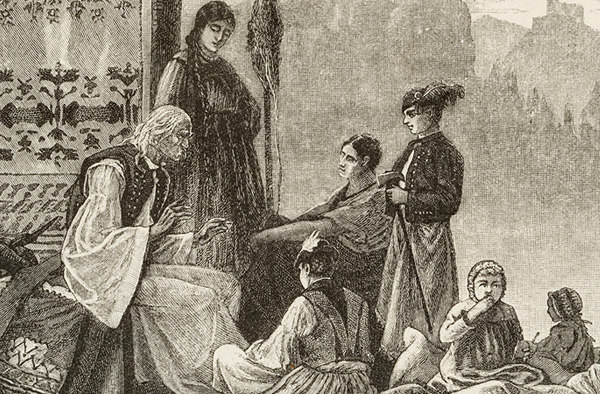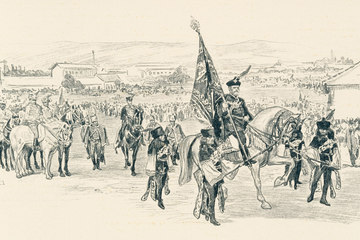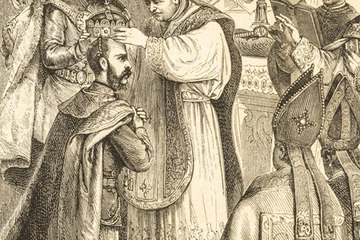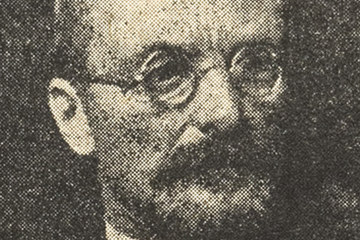The Magyars
The Magyars were the second-largest language group in the Habsburg Monarchy after the German speakers and were the dominant nation state within the Kingdom of Hungary. The gentry were fiercely proud of the historical traditions of Magyardom and shaped the basic national conservative political mood in Hungary.
The relationship between the Magyar elite and the Habsburg Monarchy was dominated by the demands for autonomy. The revolution in 1848 developed in Hungary into a war of independence from Habsburg domination. Franz Joseph was finally compelled to cede to the Hungarian claims in the 1867 Compromise.
Within the Dual Monarchy, the Hungarian half of the empire developed into a Magyar nation state. Affirmation of this nation state was the prerequisite for social and economic advancement, while the emancipation aspirations of the ethnic minorities in the country were systematically repressed by the state.
On the eve of the First World War Hungary was shaken by a deep social and political crisis, which was met with authoritarian measures. Hungary’s ‘strong man’, Minister President Count István Tisza, attempted to guide the country through the war, which saw the end of the historical Kingdom of Hungary.









